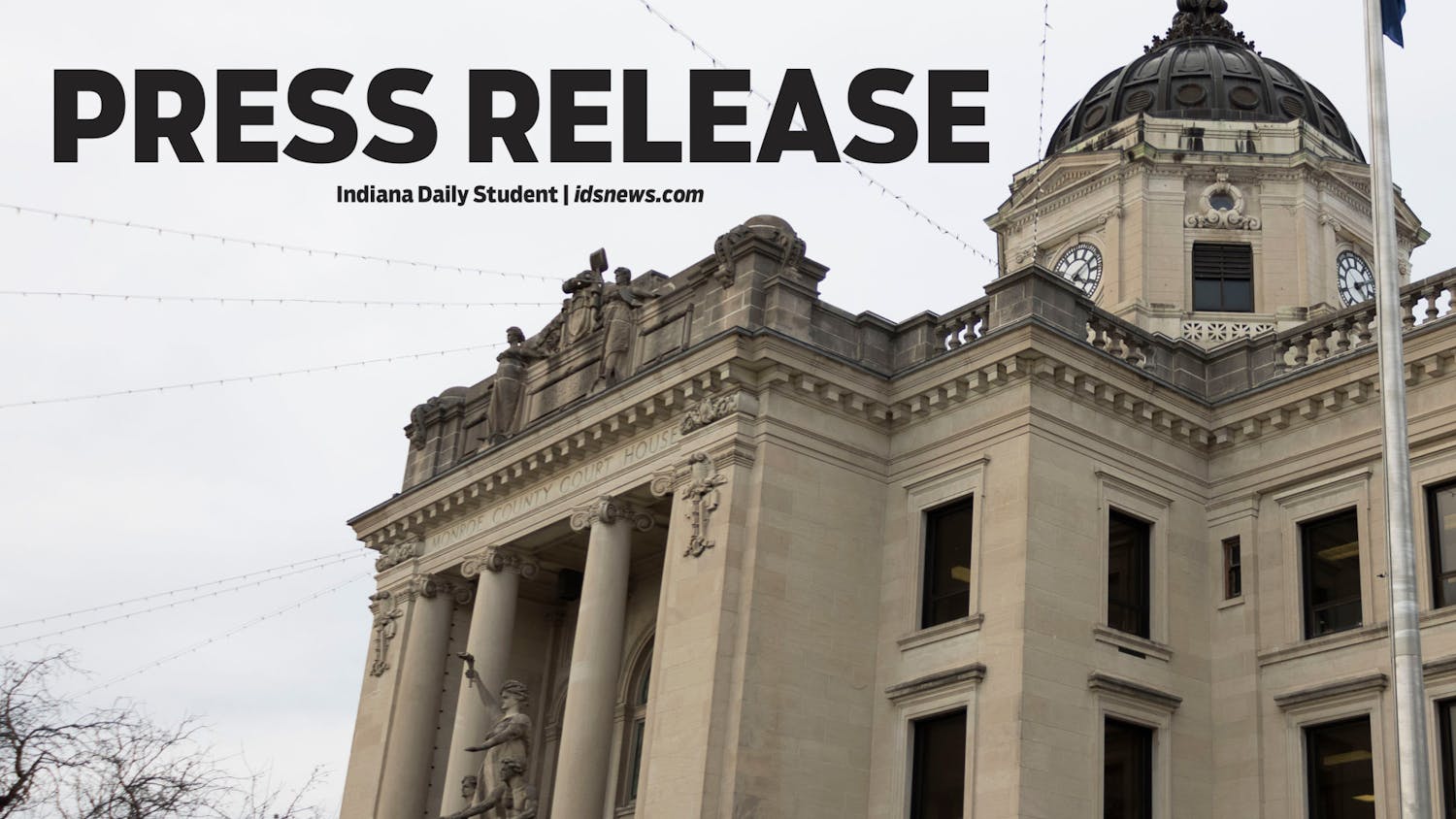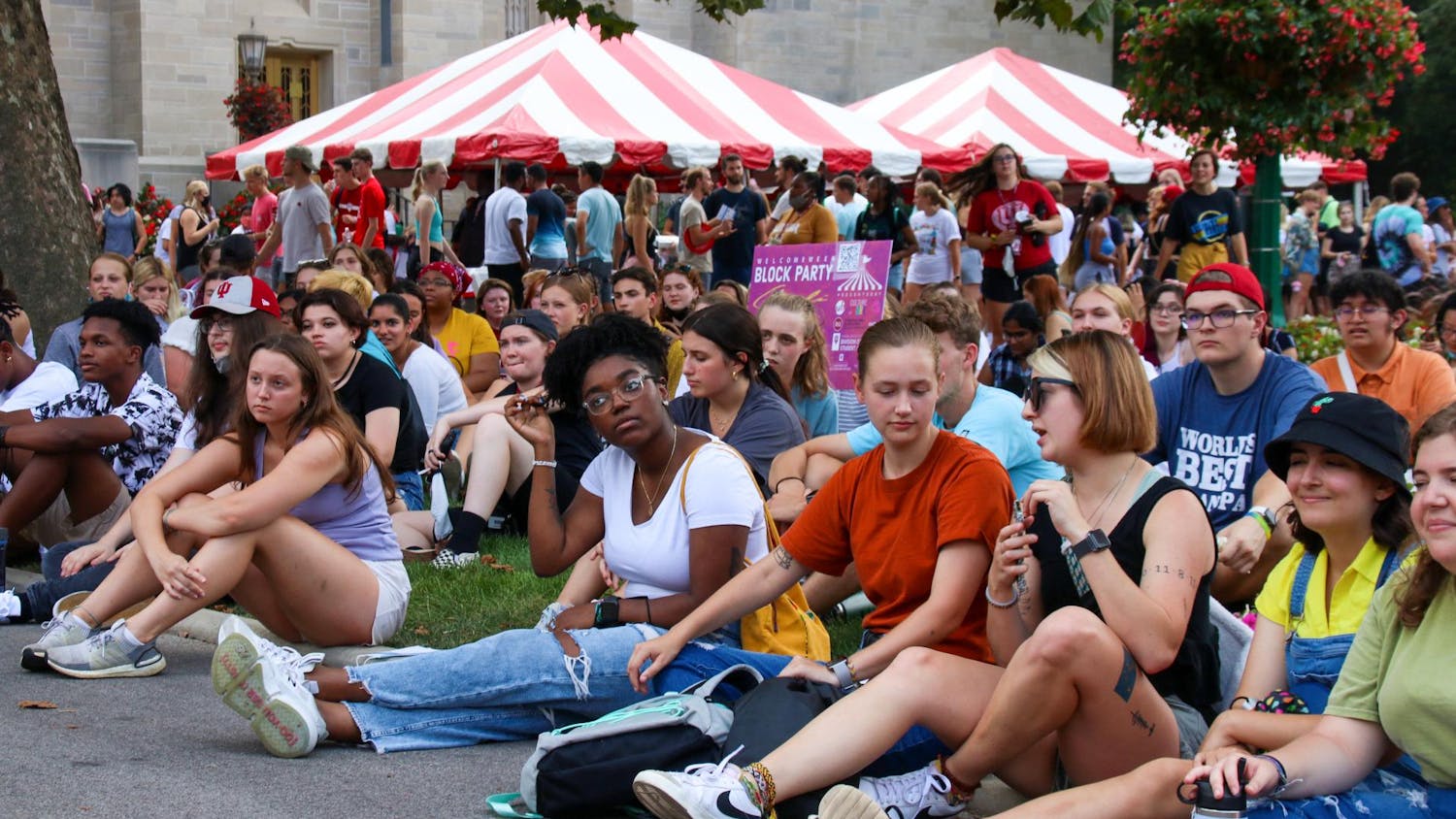Since the election controversy in Florida in November, legislators in the Indiana General Assembly have put forward several bills to reform the electoral process. It's a top priority of Secretary of State Sue Anne Gilroy, whose office oversees elections.\n"If a silver lining exists in the recent difficulty we have experienced with our national electoral process, it is a renewed realization among the public that every vote counts," Gilroy said in a press release. "Voter apathy has been replaced by a heightened concern for fairness and accuracy in the administration of elections." \nGilroy's office estimates overhauling the system will cost up to $34 million, a hefty sum considering the state surplus is vanishing. \nSen. Pat Miller, R-Indianapolis, thinks she has a solution. \nHer bill, which offers a way to finance part of the the proposed overhaul, goes before committee today. Requiring all counties use the optical scan method, it would draw funding from money saved by holding all city and county elections during even-numbered years.\nThe next city and town election in Indiana falls in 2003, and successors to city and town officials elected in 1999 would take office in 2005 under the legislation.\nMuch like a standardized test, the optical scan method entails voters marking down their candidates on a paper ballot, which would be read by a computer. \nOf Indiana's 92 counties, only 23 now use the optical scan method, according to the secretary of state's office.\nNine counties use the lever machines, and 35 use the punch-card method, which was the center of the Florida controversy last year. \nIncluding Monroe County, 23 counties use the direct-recording electronic system.\nUnder Miller's bill, counties using anything other than the optical scan method would have to use their own funds to upgrade the system. The funding would be supplemented by cities and towns, which would be required to pay counties the amount they spent on municipal elections in 1999. \nTo lighten the total cost, the state will offer grants to counties that apply for assistance. The U.S. Congress is also discussing allocating money to states. \nThe secretary of state's office reports municipal elections cost about $7 million in 1999, shaving the cost of upgrading the voting system down from $28 million to about $21 million. \nIt's only one change that has been proposed. \nA member of the governor's bipartisan election commission, Republican Sen. Becky Skillman of Bedford, has written two bills. One would create a statewide voter registration file that would correct rolls bloated with the deceased, incarcerated and those with multiple addresses.\n"We estimate that false names make up 20 percent of the total number of registered voters," she said. "This system is an invitation to fraud, and multiple voter registration across county lines can't be tracked."\nThe second bill, which passed in the Senate 49-0, establishes a fund for a statewide upgrade.\nJonathan Weinzapfel, D-Evansville, has sponsored the legislation in the House. \n"Indiana has already experienced problems with antiquated voting systems," he said. "Numerous local races just this year are good examples of the Florida fiasco occurring on a smaller scale"
Legislature reviews electoral process
Secretary of State Gilroy estimates cost of overhaul to be up to $34 million
Get stories like this in your inbox
Subscribe





